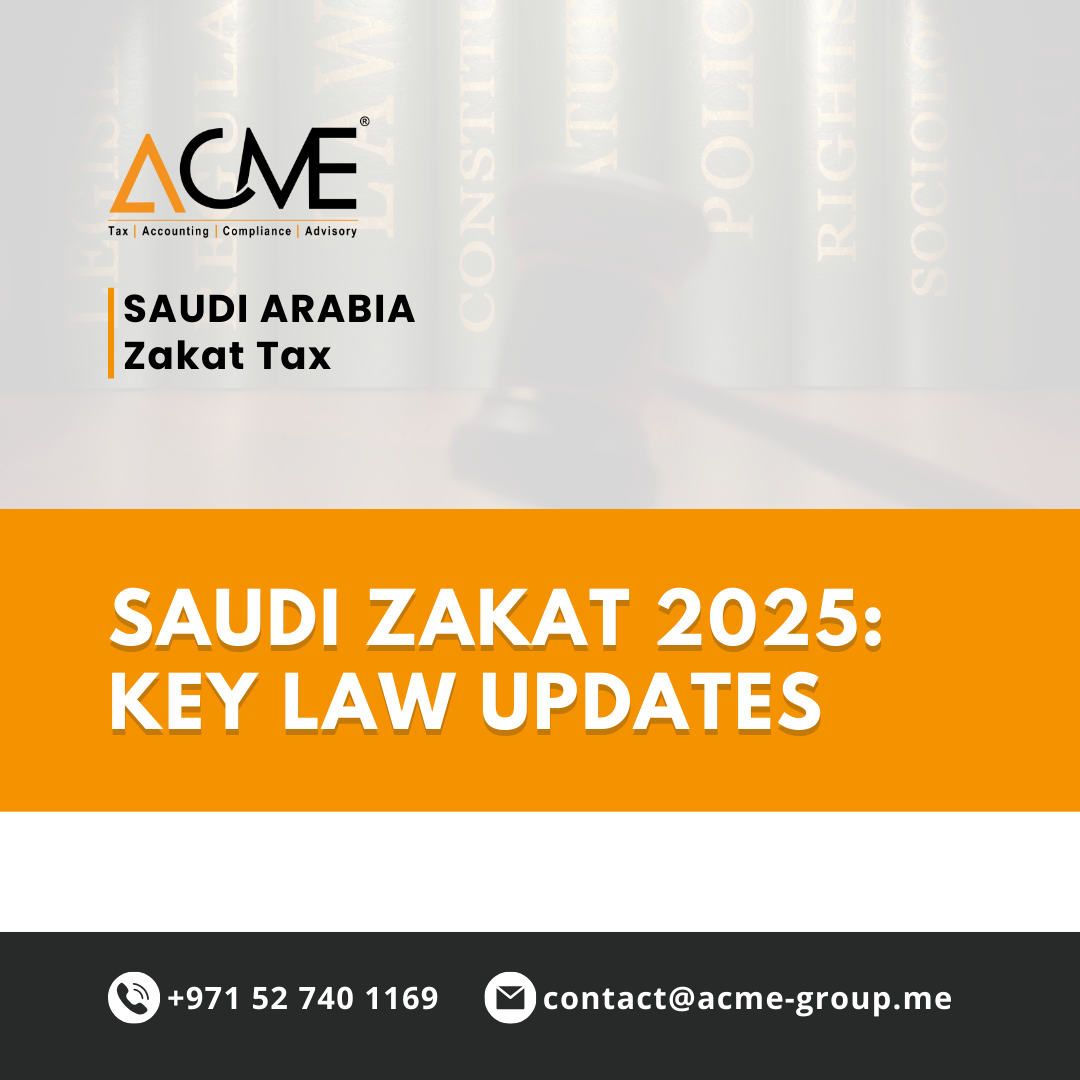In the UAE’s evolving corporate tax landscape, understanding the distinction between different business structures is vital for compliance and effective tax planning. A significant category to be aware of is sole establishments and sole proprietorships. Here’s a detailed breakdown of what these terms mean and how they relate to UAE corporate tax regulations.
What is a Sole Establishment or Sole Proprietorship?
A sole establishment or sole proprietorship is a business owned and managed by a natural person in their own name. Unlike a single-owner company, which is considered a separate legal entity, a sole establishment or sole proprietorship is not distinct from its owner. This means:
- The business and the natural person are considered the same entity.
- The owner has direct control over the business operations.
- The owner bears unlimited liability, meaning they are personally responsible for all debts and obligations of the business.
Sole Establishment vs. Single-Owner Company
A single-owner company operates as a separate legal entity with its own legal personality. In this case, the owner and the company are treated as two distinct entities. This separation provides the owner with limited liability, meaning their personal assets are protected from the company’s financial liabilities.
In contrast, for sole establishments and sole proprietorships, the business’s liabilities are directly tied to the personal assets of the owner due to their legal inseparability.
Corporate Tax Implications
For corporate tax purposes in the UAE, the focus is not on the sole establishment or sole proprietorship as an entity. Instead, the Taxable Person is the natural person conducting the business. This distinction is crucial for tax reporting and compliance, as it highlights the direct relationship between the individual and the business for tax liability.
Key Takeaways for Business Owners
- Personal Accountability: As a sole proprietor, you are personally liable for your business’s debts and obligations.
- Tax Responsibility: Corporate tax applies to the individual conducting the business, not the sole establishment or sole proprietorship itself.
- Legal Clarity: Understanding this classification can help you align your business operations with UAE corporate tax laws and avoid unnecessary penalties.
Conclusion
Sole establishments and sole proprietorships offer simplicity in structure and full control for business owners. However, this simplicity comes with personal liability and direct tax obligations. As the UAE implements corporate tax regulations, ensuring compliance and seeking professional advice can safeguard both personal and business interests.
Disclaimer : The Content offer general guidance and should not be considered legal, financial, or tax advice. Consult qualified professionals for personalized guidance. While efforts have been made to ensure accuracy, no guarantee is provided for completeness or applicability to individual situations. Users are responsible for interpreting and actions based on this information, at their own risk.
For understanding more about Corporate Tax, VAT, Excise Tax, Financial Services, Advisory Services, reach out to us on:contact@acme-group.me | +971 52 740 1169.
This article was published on 14 June 2025.
Download Corporate Tax Resources
-
Corporate Tax Calculation Guide
A simple guide to help you calculate corporate tax with ease.
-
Corporate Tax Checklist
Prepare with confidence for corporate tax returns and meet the regulatory obligations smoothly
-
Small Business Relief Guide
Our comprehensive guide simplifies complex regulations, and help you make informed decisions.
-
Transfer pricing guide
Refers to the rules and methods for pricing transactions between related entities within a multinational group.
Related Posts
Saudi Excise Tax: What’s New & What to Watch
Key Points: ZATCA’s Implementing Regulations for excise tax (Resolution No. 9‑1‑17, as amended) define all the updated rules for excise goods in the …
Saudi Excise Tax Spotlight: 2025 Updates & Risks
Key Points: ZATCA’s excise‑tax regime applies to producers, exporters, and holders of excisable goods under suspension or transitional phases. Producers must file …
Saudi Zakat 2025: Key Law Updates
Key Points: ZATCA’s Implementing Regulation for Zakat Collection (MR 1007, 1445H) now applies to fiscal years starting 1 Jan 2024 and replaces …
Saudi Zakat 2.0: What’s New in 2025
Key Points: New Zakat regulation (MR 1007, 1445 H) applies for fiscal years starting on or after 1 Jan 2024. Calculation method …
Excise Tax Crackdown: What’s New in Saudi Arabia 2025
In 2025, Saudi Arabia’s Zakat, Tax and Customs Authority (ZATCA) introduced updates to the Excise Tax Implementing Regulations to enhance compliance monitoring …
Join our Newsletter!
Receive updates on the latest News, Events, Webinar and more.
Our Services
-
Tax ServicesTax Services
-
Financial ServicesFinancial Services
-
AdvisoryAdvisory
-
ComplianceCompliance
Explore More
-
About UsAbout Us
-
Privacy PolicyPrivacy Policy
-
Contact UsContact Us





